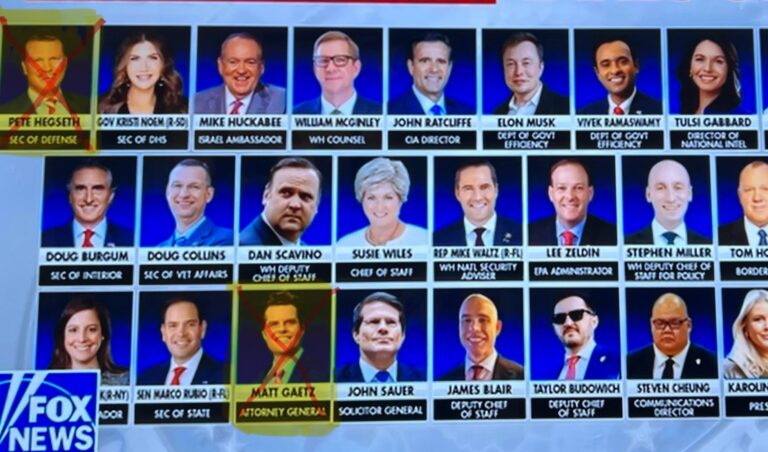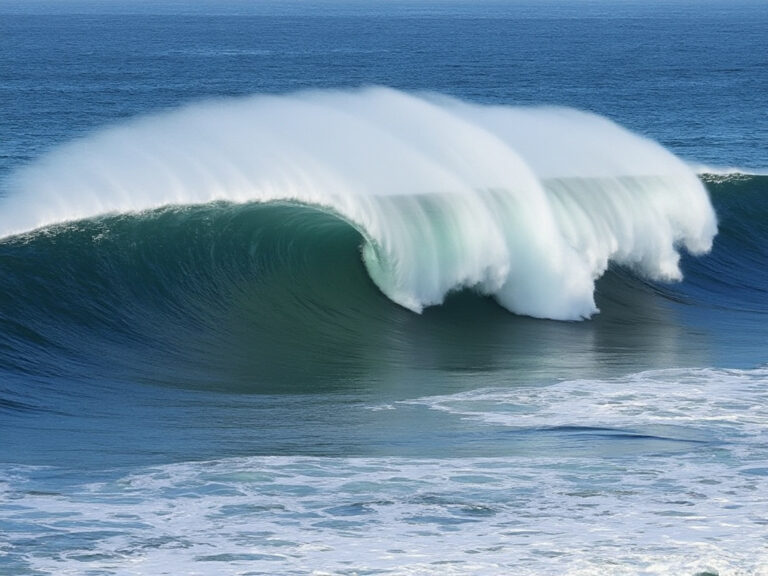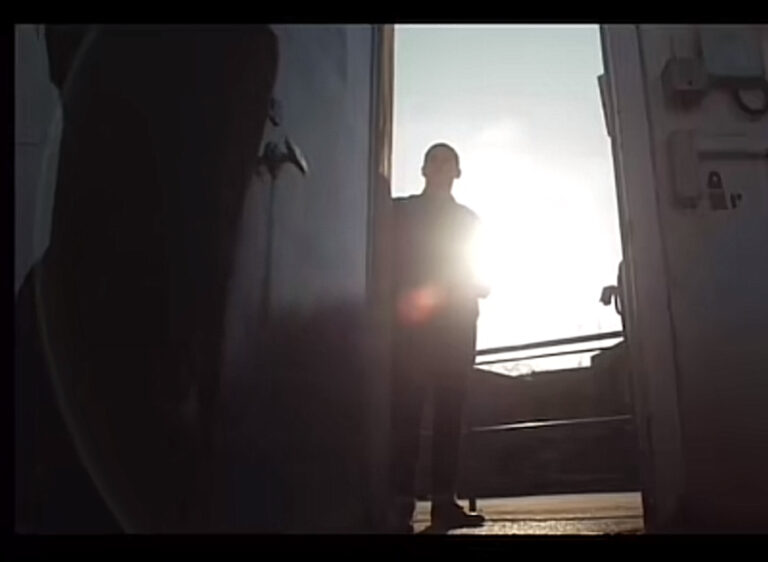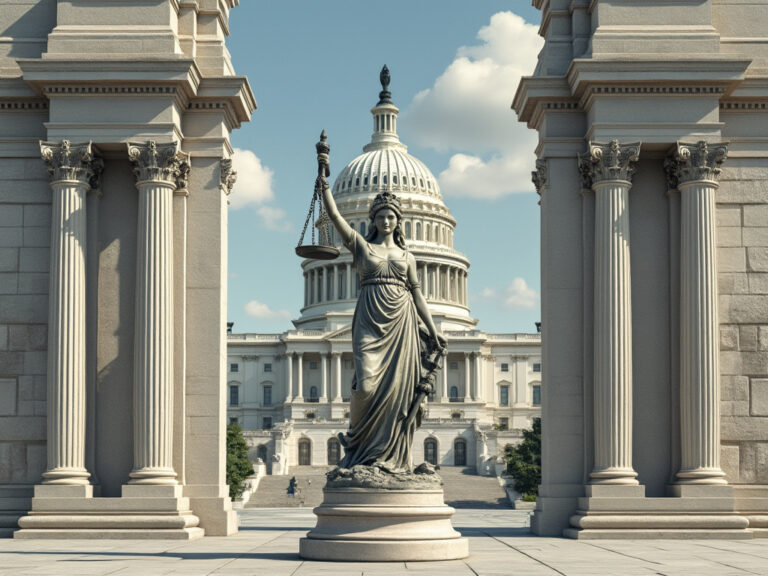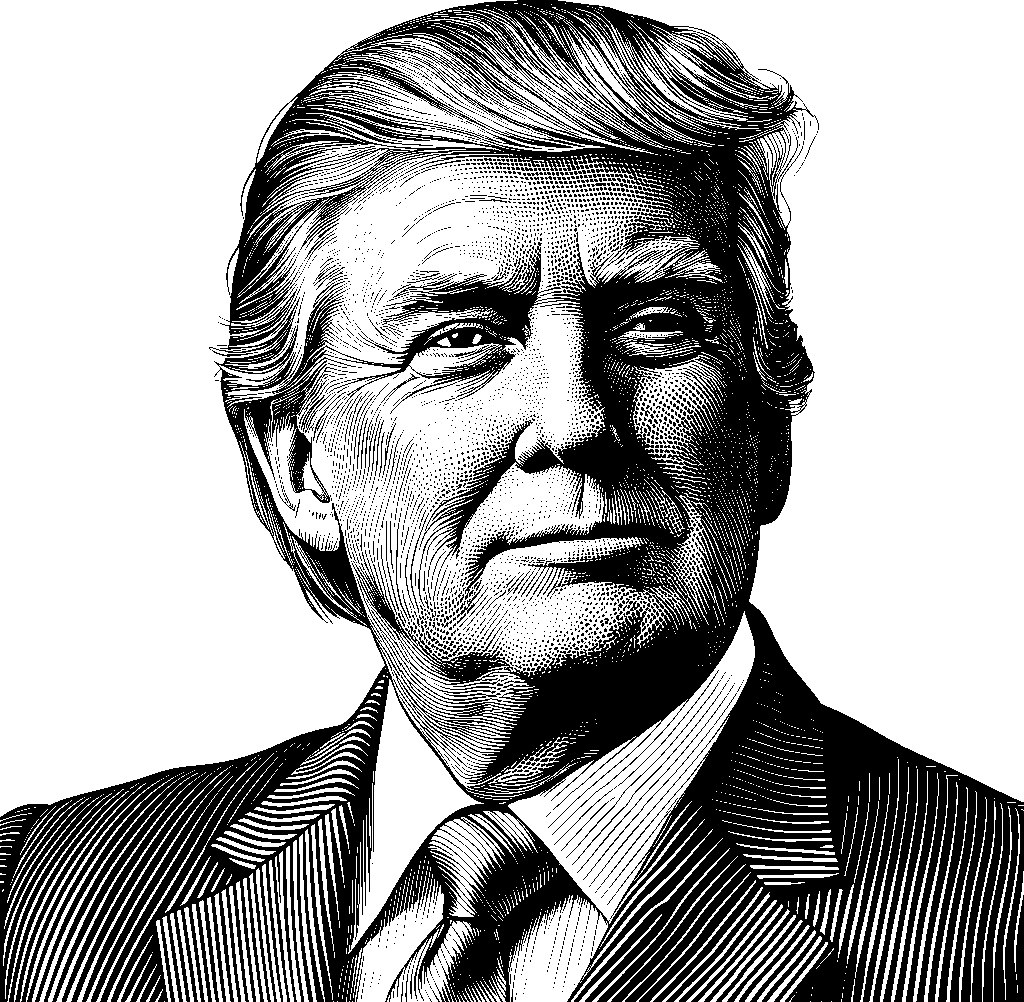
Global Leaders’ Response to Donald J. Trump’s Election as President-elect
The election of Donald J. Trump as the President-elect has generated diverse reactions from world leaders, reflecting a blend of diplomatic pragmatism, cautious optimism, and outright skepticism depending on their country’s alignment with the U.S. and past relations with Trump himself. His return to the Oval Office, after a gap of four years, has renewed discussions on the future of international policies and partnerships shaped by American leadership. This section expands on the specific responses from a broad spectrum of global figures.
Here is the list of countries in alphabetical order, along with their leaders’ reactions to Donald J. Trump’s election as President-elect:
Africa
Egypt: President Abdel Fattah el-Sisi welcomed Trump’s election with optimism, recalling Trump’s supportive stance during his first term. Egypt anticipates favorable U.S. policies on security cooperation and counterterrorism under Trump’s leadership. (Ahram Online)
Nigeria: President Bola Ahmed Tinubu issued a hopeful statement, emphasizing Nigeria’s commitment to strong bilateral relations. Tinubu’s government is particularly interested in economic cooperation and trade, although experts predict caution due to Trump’s “America First” policies. (Premium Times)
South Africa: President Cyril Ramaphosa congratulated Trump but underscored the need for the U.S. to support African development and pandemic recovery efforts. Ramaphosa’s administration hopes for a more engagement-focused policy but remains cautious, given Trump’s previous indifference to African affairs. (Mail & Guardian)
Asia-Pacific
Australia: Prime Minister Anthony Albanese’s response was subdued, emphasizing the importance of the U.S.-Australia alliance. Australia’s leaders are expected to watch U.S. Indo-Pacific policy closely, especially regarding Trump’s stance on military and economic counterbalances to China in the region. (Sydney Morning Herald)
China: President Xi Jinping extended formal congratulations but emphasized the need for “constructive engagement” and mutual respect. Trump’s trade wars and hardline approach to China remain contentious issues, and Xi is expected to approach U.S.-China relations with caution, signaling readiness to counter any adverse policies. (Global Times)
India: Indian Prime Minister Narendra Modi congratulated Trump warmly, emphasizing shared democratic values and strategic interests. Modi and Trump previously enjoyed a positive rapport, and Indian officials hope for continued U.S. support in areas such as defense cooperation and regional security, particularly regarding China. (The Hindu)
Japan: Prime Minister Fumio Kishida offered a congratulatory message, stressing Japan’s commitment to its alliance with the U.S. Despite Kishida’s optimistic tone, Japan remains cautious, aware of Trump’s past focus on renegotiating trade agreements and pushing allies to increase their own defense budgets. (Nikkei Asia)
Palestine: Palestinian President Mahmoud Abbas cautiously congratulated Trump, voicing hope for a balanced U.S. approach in resolving the Israel-Palestine conflict. This restrained response reflects Palestinians’ skepticism based on Trump’s prior policies, which heavily favored Israel. (Al Jazeera)
Saudi Arabia: Crown Prince Mohammed bin Salman extended congratulations to Trump, with state-run media highlighting Trump’s earlier favorable policies toward Saudi interests. However, some experts caution that Trump’s stance on energy independence may influence the U.S.-Saudi relationship, especially concerning oil production and pricing dynamics. (Al Arabiya)
South Korea: President Yoon Suk-yeol expressed hope for strengthened relations, especially in the face of North Korean nuclear threats. However, South Korean officials are reportedly preparing for a potentially transactional approach from Trump, particularly concerning U.S. military presence on the peninsula. (The Korea Herald)
Europe
European Union: European Commission President Ursula von der Leyen issued a guarded statement, focusing on the importance of transatlantic cooperation while indirectly pointing to concerns about democracy and human rights. The EU remains wary of Trump’s historical stance on climate change and international trade agreements, with expectations of potential friction over European defense policies. (Politico Europe)
France: President Emmanuel Macron’s congratulatory statement struck a diplomatic tone, emphasizing France’s commitment to continued cooperation with the U.S. on global issues. However, Macron privately expressed concerns regarding Trump’s stance on multilateralism, which had previously led to tensions within the G7 and NATO. Macron’s administration is expected to push for stronger EU autonomy in light of Trump’s isolationist policies. (Le Monde)
Germany: Chancellor Olaf Scholz issued a cautiously optimistic statement, highlighting the enduring strength of U.S.-German relations but pointing to key differences, especially on issues like climate policy and defense spending. The German government remains concerned about Trump’s previous criticism of European allies’ contributions to NATO and the potential implications for EU-U.S. collaboration. (Deutsche Welle)
Italy: Prime Minister Giorgia Meloni, a right-wing leader herself, openly congratulated Trump and emphasized her hope for renewed U.S. support in tackling illegal immigration and strengthening transatlantic ties. Meloni’s government, with its focus on conservative values, has expressed optimism about cooperating on shared ideological grounds with Trump’s administration. (Il Giornale)
United Kingdom: British Prime Minister Rishi Sunak offered a measured congratulation, emphasizing the “special relationship” between the U.S. and the U.K. Sunak noted the importance of collaborative work on shared global challenges, such as climate change and defense. However, political analysts in the U.K. indicate that Britain’s leaders may proceed cautiously, given Trump’s historical skepticism toward NATO and the European Union. (BBC)
Latin America
Argentina: President Alberto Fernández echoed diplomatic courtesy in his response, but analysts in Argentina are concerned about potential economic impacts, especially with regard to trade agreements under a protectionist Trump administration. (Clarin)
Brazil: President Luiz Inácio Lula da Silva issued a reserved response, marking Trump’s win as a testament to U.S. democratic processes. Lula’s administration is wary of Trump’s potential influence on regional issues, particularly regarding environmental and trade policies. (Folha de S.Paulo)
Mexico: President Andrés Manuel López Obrador (AMLO) extended cautious congratulations, underscoring Mexico’s desire for fair cooperation. Given Trump’s stance on immigration and trade during his previous term, AMLO’s administration is likely preparing for a defensive approach. (El Universal)
Middle East
Iran: Iran’s leadership, including President Ebrahim Raisi, reacted with visible concern. Trump’s earlier administration saw heightened tensions and the withdrawal from the Iran nuclear deal, and Raisi reiterated calls for vigilance, warning of potential escalations. Iranian leaders view Trump’s return as a threat to recent diplomatic progress and anticipate a more aggressive U.S. policy stance. (Tehran Times)
Israel: Prime Minister Benjamin Netanyahu warmly congratulated Trump, calling his win “one of history’s greatest comebacks.” Netanyahu praised Trump’s past support for Israel, particularly his recognition of Jerusalem as its capital, and expressed hope for enhanced bilateral relations. This response underscores Israel’s positive anticipation of Trump’s approach to Middle Eastern diplomacy and the Abraham Accords. (Jerusalem Post).
Islamist Extremist Groups
Al-Qaeda: Historically, Al-Qaeda has viewed U.S. leadership changes as opportunities to critique American foreign policy. While specific statements regarding Trump’s recent election are not yet available, it is anticipated that Al-Qaeda will continue to use U.S. political developments to bolster its anti-Western propaganda, emphasizing narratives of Western hostility toward Islam.
ISIS (Islamic State of Iraq and Syria): ISIS has previously exploited U.S. political events to recruit and radicalize individuals by portraying the U.S. as an adversary of Islam. The group may leverage Trump’s election to reinforce its propaganda, particularly focusing on his past statements and policies perceived as anti-Muslim.
Domestic Extremist Groups
Far-Right Militias: In the United States, far-right extremist groups have shown a complex response to Trump’s election. Some factions view his victory as a validation of their ideologies, potentially emboldening their activities. However, others may feel sidelined if they perceive the administration as not fully aligning with their agendas. Notably, the Proud Boys, a far-right group known for their role in the January 6, 2021, Capitol riot, are mobilizing in support of Trump, coordinating across state lines, monitoring polls, and attending rallies. Despite leadership losses due to imprisonment, local chapters have become more active and decentralized, making them harder to track.
Antifa and Left-Wing Extremists: Left-wing extremist groups, such as Antifa, have expressed concern over Trump’s election, fearing a resurgence of policies they oppose. These groups may increase their mobilization efforts, leading to potential confrontations with opposing factions.
International Terrorist Organizations
Hezbollah: The Lebanese militant group Hezbollah has historically criticized U.S. policies in the Middle East. Following Trump’s election, Hezbollah supporters participated in protests, waving Hezbollah flags and denouncing both presidential candidates, expressing dissatisfaction with U.S. foreign policy.
Hamas: The Palestinian organization Hamas has expressed dismay over Trump’s election, fearing continued U.S. support for Israeli policies. Hamas leaders have called on Trump to act for peace and reconsider past U.S. policies that favored Israel.
Implications for Global Security
The reactions of these groups suggest potential challenges for the incoming administration. Islamist extremist organizations may attempt to exploit perceived anti-Muslim rhetoric to fuel recruitment and radicalization efforts. Domestically, the emboldenment of far-right groups could lead to increased incidents of political violence, while heightened activity from left-wing extremists may result in civil unrest. Internationally, organizations like Hezbollah and Hamas may escalate their activities in response to anticipated U.S. foreign policy decisions.
It is imperative for the incoming administration to monitor these developments closely and implement strategies that address the underlying grievances exploited by these groups. Engaging in proactive counterterrorism measures, fostering community resilience, and promoting inclusive policies will be essential in mitigating the risks posed by these organizations in the wake of the election.
The international response to Trump’s election underscores a cautious diplomatic environment with strong regional variations. While allies like Israel and conservative leaders in Europe and Asia have welcomed Trump’s win, concerns over nationalism, defense commitments, and climate policy remain prominent. The global community anticipates strategic recalibrations as the Trump administration’s policies unfold, with key areas of potential friction or cooperation likely emerging in trade, security, and multilateral alliances.

